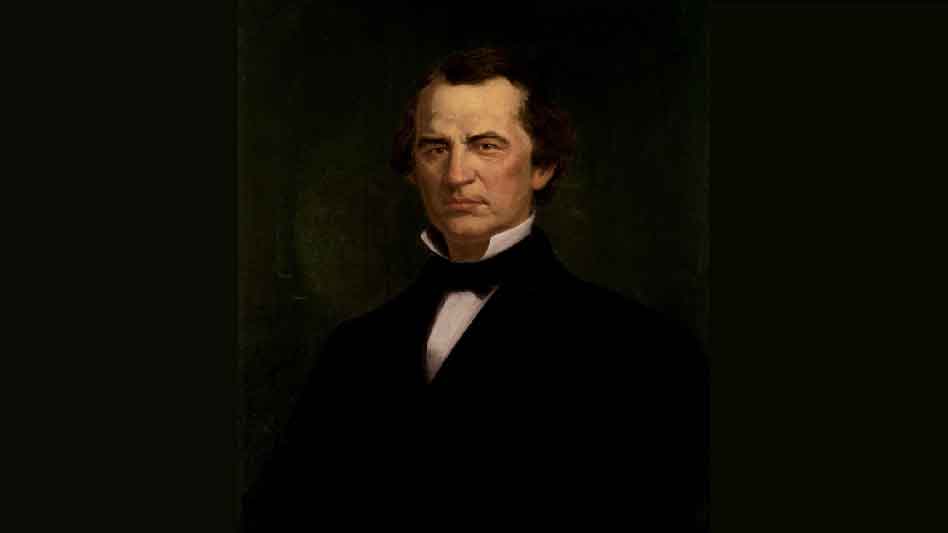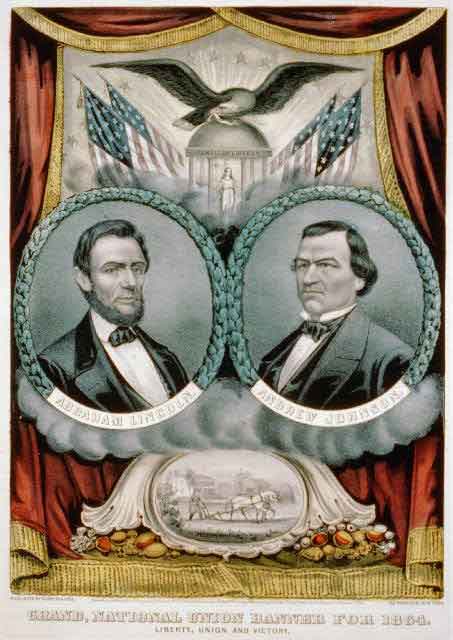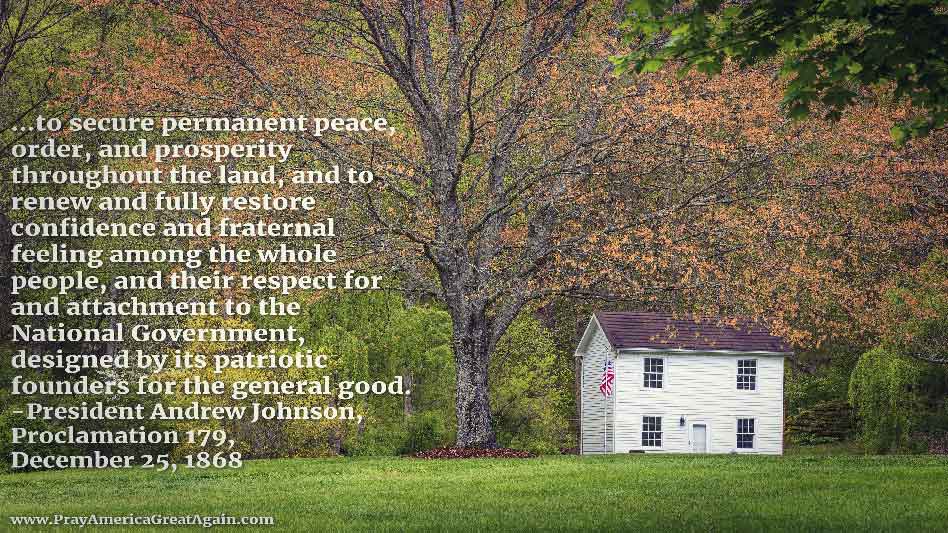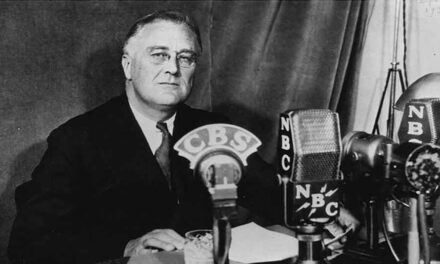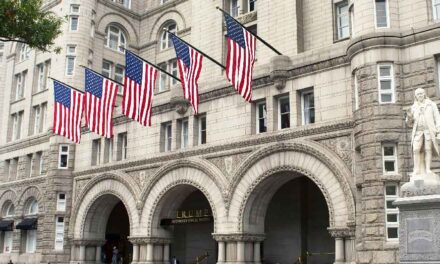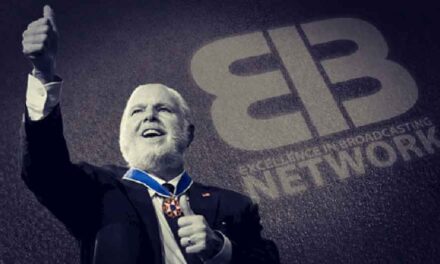Andrew Johnson’s 1868 Christmas Pardon: Honoring Jesus, Recalling Our History, And Praying For A Merciful Spirit
Skip to devotional and prayer.
Very Brief Historical, Geographical, and Political Context Of The Civil War
Some of you while reading the Christian History Devotional, “Healing Time” below, may think that it has typos, or perhaps things are written backwards. But, rest assured, it is accurate.
During the U.S. Civil War (through the late 1970’s) 99% of pro-slavery Southern State residents were staunch Democrat Party members. Abraham Lincoln, the first Republican President, and his Civil War allies in the anti-slavery northern states were overwhelmingly not Democrat.
When Lincoln ran for re-election in 1864, his focus centered on reuniting the Republic. This encompassed bringing an end to the war, the abolition of slavery, and the reunification of Southern states. To aid in this prospect, he chose Andrew Johnson, a Democrat from Tennessee, as his Vice-Presidential running mate.
The VP hopeful had been on the side of the Confederacy, but had remained in Congress, i.e. he wanted the nation to unify. Soon after being named VP Johnson rallied behind the anti-slavery position, believing that in addition to slavery being cruel and inhumane, 1) it did not conform to the standards set forth in the Declaration and Constitution, and 2) the Founders intentionally worded these documents to guarantee freedom to all citizens. Of course, in 1776 and thereafter, the realization of this hope would require gaining conflict-free independence from Britain (1812) and the 13 states becoming a union (1781).
Lincoln signed the Emancipation Proclamation in 1863. In 1864 he won re-election, the Union military defeated the Confederate Army, and Republicans proposed the 13th amendment which would permanently abolish slavery. In April 1864, the Senate passed the 13th amendment. The House concurred in January 1865. By December 1865 the amendment had been ratified by all the states and was officially added to the Constitution. By 1870 all Southern States had been restored to the Republic.
For all of Lincoln’s sweat and struggle on behalf of the nation, the beloved President did not live to see the fruit of his labor and prayers. He was assassinated on April 14, 1865 by a Democrat activist. Andrew Johnson stepped in as President and continued the hard work of reconstruction upon the firm foundation that Lincoln had built. For President Johnson’s hard work, the House impeached him for pardoning former members of the Confederacy. He was acquitted by the Senate, yet his political career damaged beyond repair.
The subject of the Christian History Devotional below is President Johnson’s final and unconditional pardon of any remaining members of the Confederacy not previously pardoned, for the purpose of bringing healing to a wounded nation.
Grand National Union Banner by Currier & Ives.
Print shows a campaign banner for 1864 Republican presidential candidate Abraham Lincoln and running mate Andrew Johnson. A drawn curtain reveals bust portraits of the two candidates in roundels framed in oak leaves. Above the portraits is a “Temple of Liberty,” within which stands a female figure holding a staff and liberty cap. Four American flags flank the temple. Perched on the temple’s dome is an eagle with spread wings holding a banderole in his mouth and arrows in his talons. Rays of light ending in stars emanate from the temple. A vignette below the portraits shows a man plowing with a team of horses in front of farm buildings. The peace and prosperity to come with Lincoln’s reelection, evoked by this bucolic scene, are emphasized by cornucopias on either side spilling over with fruit.
Image and text from Library of Congress.
Related Images
Note the similarity of the curtains in “The Body of Martyr President, Abraham Lincoln, Lying in State…”.
A stand-alone “Temple of Liberty” image.
Devotional and Prayer
Christian History Devotional, “Healing Time,” December 25
“Be merciful, just as your Father is merciful.” Luke 6:36
1868: On this date a political leader who grew up poor, had no formal education and was illiterate until his wife taught him to read and write, issued Proclamation 179 “granting full pardon and amnesty for the offense of treason against the United States during the late Civil War.” The leader was Andrew Johnson U.S. president, a lifelong Democrat from Tennessee who was, amazingly, elected vice-president in 1864 as the running mate of Republican Abraham Lincoln. When his home state (goaded by its slaveowners) seceded from the Union in 1861, Johnson stubbornly retained his seat in the U.S. Senate and for his loyalty was picked by Lincoln as running mate, in the hope of sending a message of reconciliation.
Only a few days after being sworn in, Johnson found himself filling Lincoln’s shoes. The war was over; the forgiving and reconciling Lincoln was dead, and now the Republicans in control of Congress wanted Johnson to grind the defeated South deeper into the dirt. When Johnson showed signs of being merciful, Congress tried but failed to impeach him.
Johnson was not a particularly devout man nor did he quote the Bible as often as Lincoln did. But he agreed with Lincoln that the war between two Bible-reading, church-attending regions that prayed to the same God for victory was shameful. Johnson hated slavery and had no love for slaveholders, but by late 1868 he thought the defeated South had suffered enough. As his pardon stated, it was designed to “secure permanent peace, order, and prosperity throughout the land, and to renew and restore confidence and fraternal feeling among the whole people.” All former Confederates were unconditionally pardoned—even President Jefferson Davis who had been chained in a damp cell since the war’s end.
The Christmas pardon was Johnson’s last presidential act of any importance. He received hundreds of letters and telegrams from pastors and Christian laity from the North and South praising it as the finest thing he had ever done.
Prayer:
Father, as we honor the birth of your Son, let us think on mercy, healing, and reconciliation. [In the Name of Jesus,] Amen.
Resources:
Devotion from Stephen J. Lang, The Christian History Devotional: 365 Readings and Prayers to Deepen and Inspire Your Faith (p. 376). Thomas Nelson. Kindle Edition.
Full Copy of President Andrew Johnson’s Proclamation 179, December 25, 1868
This text, excerpted from Proclamation 179, serves as the purpose statement of Andrew Johnson’s final and unconditional Christmas pardon. On July 31, 1875, President Johnson passed in this house, which belonged to his daughter.
But Johnson’s words live on today as a testimony that men (and women) who do not compromise under pressure, who do not cower when others fall away, and who will do the right thing even when it is unpopular, can heal nations, even change the world.

